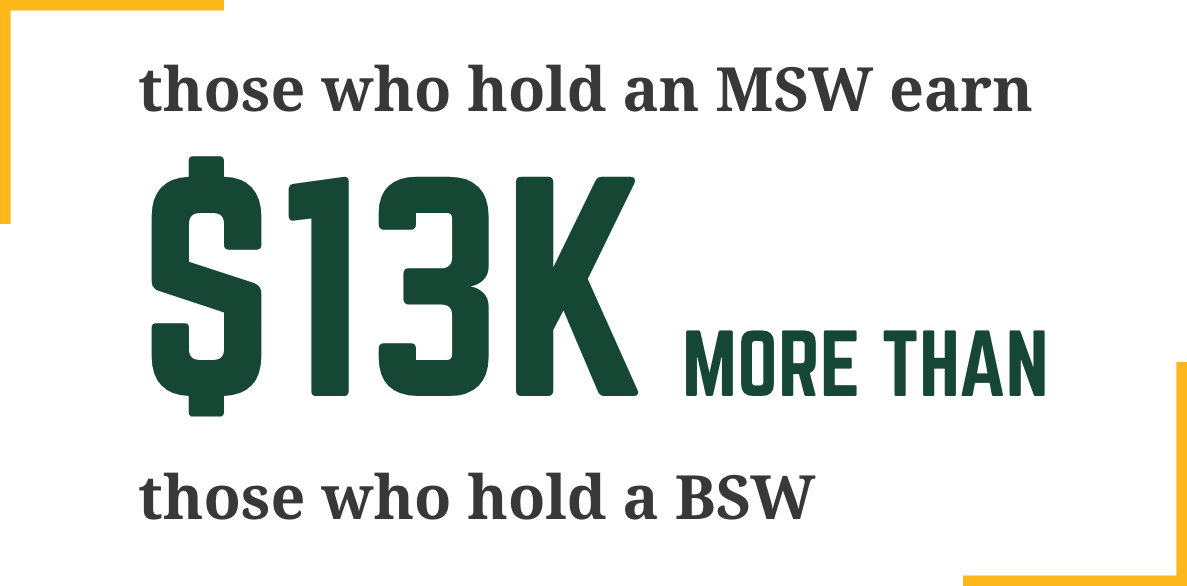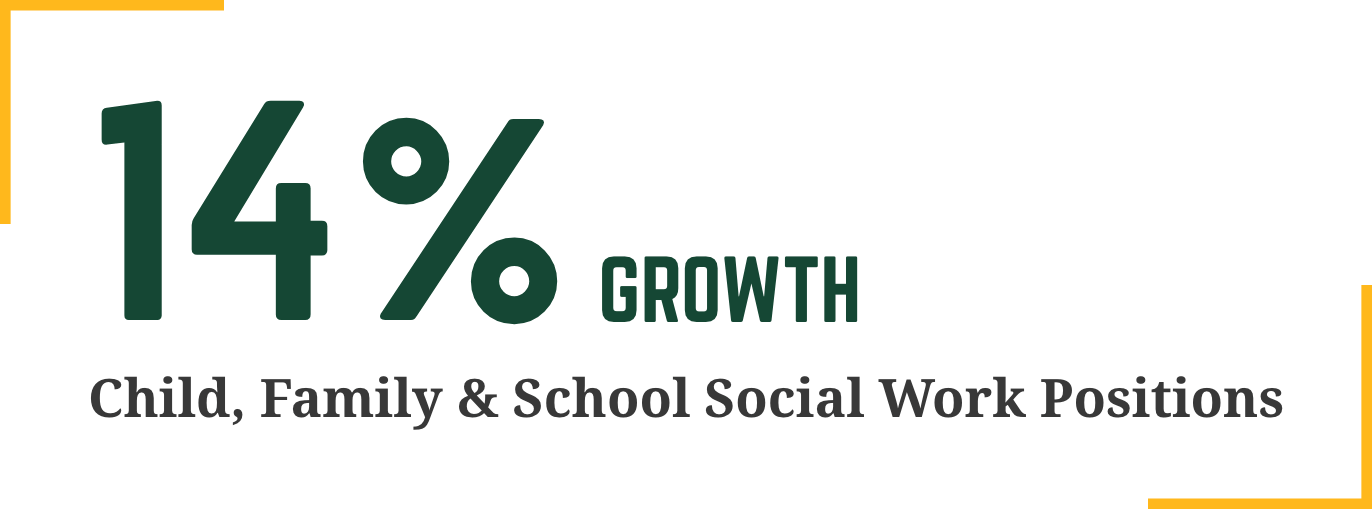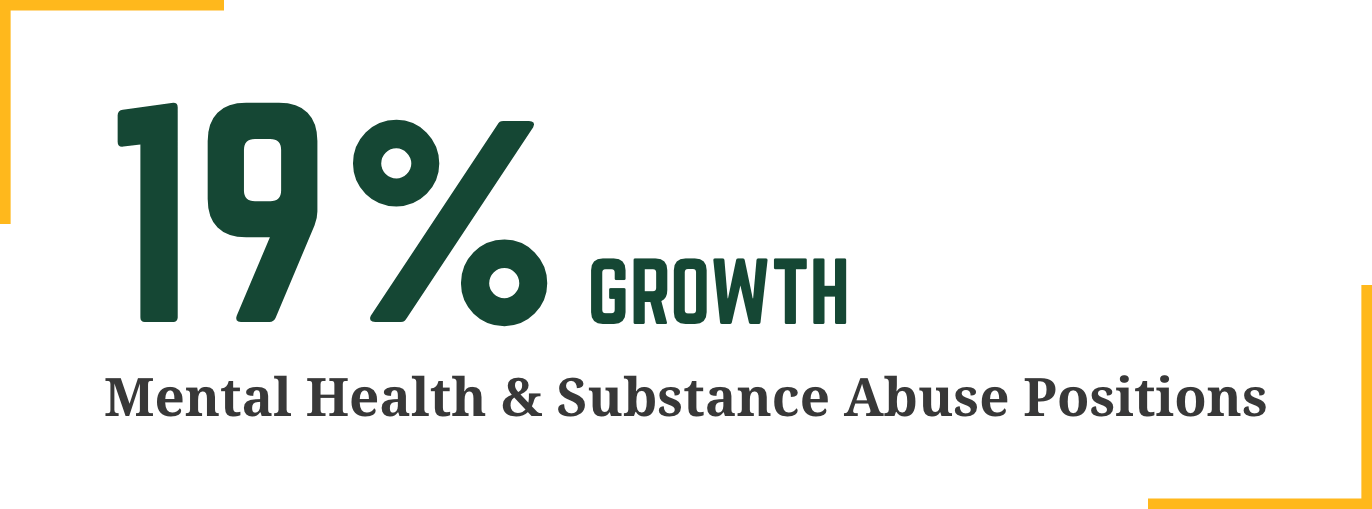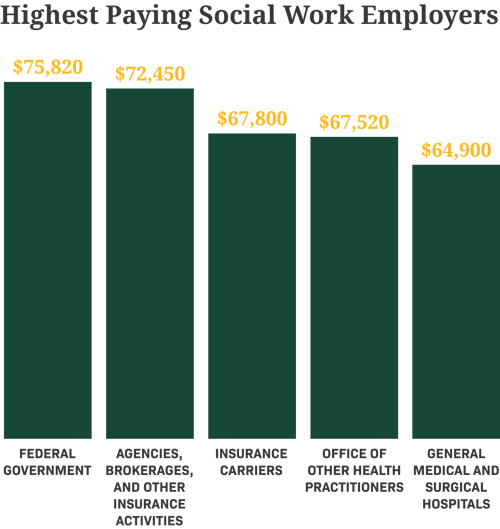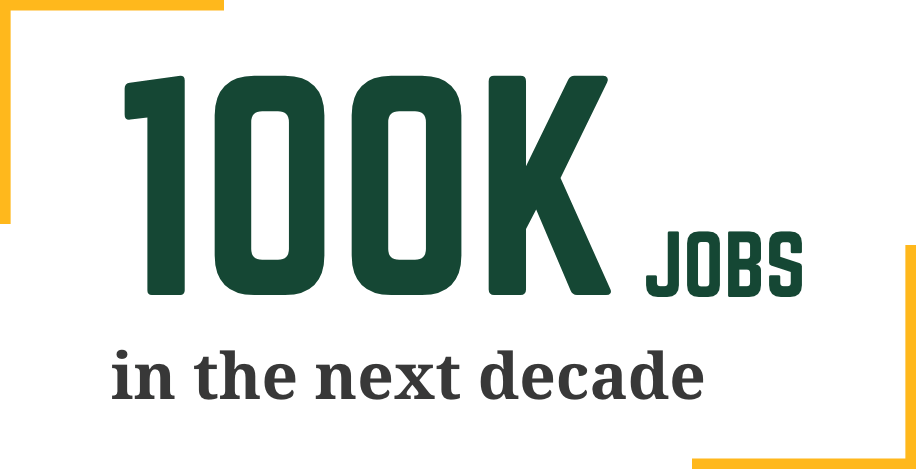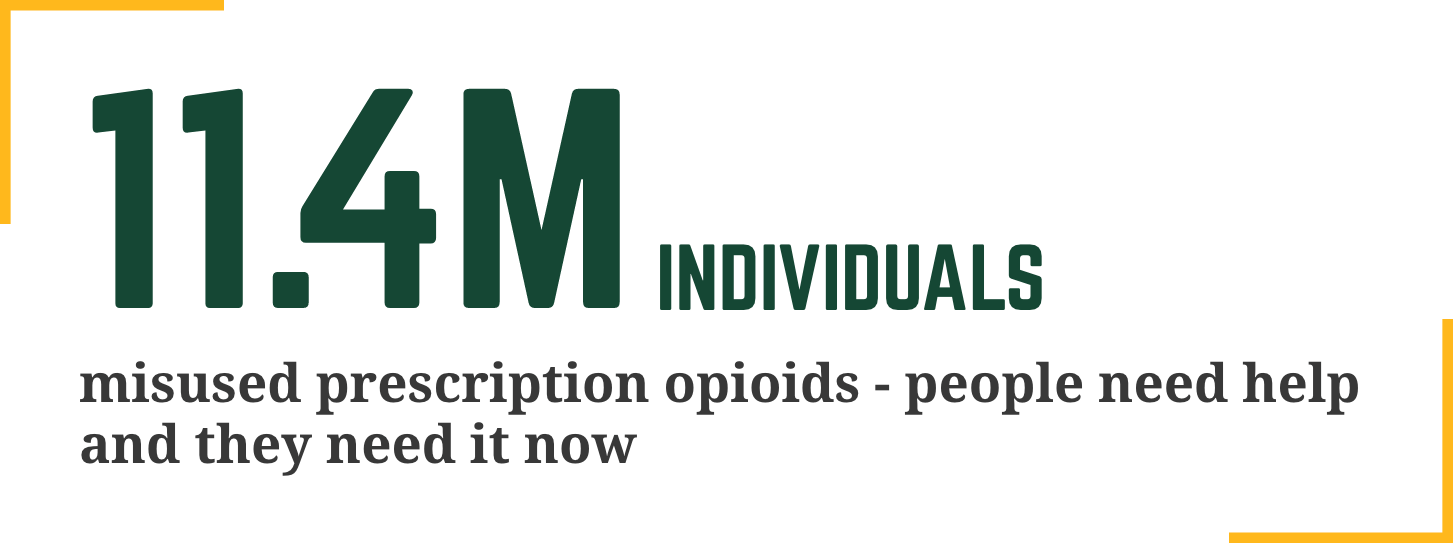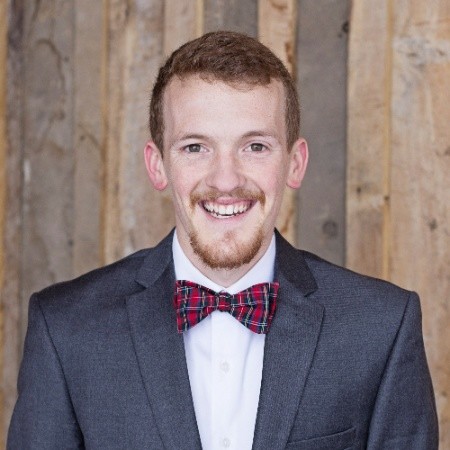CONTENTS
- What’s the Difference Between an MSW and a BSW?
- What’s the Value of an MSW?
- Career Outlook: A Comprehensive Look at Jobs in Social Work
- How to Land a Job As a Social Work Professional
- Baylor’s Master of Social Work Program
- Field Placements Available Through Baylor University
- An Interview with Zeke Morgan
- Connect with Us
- Start Your Journey

